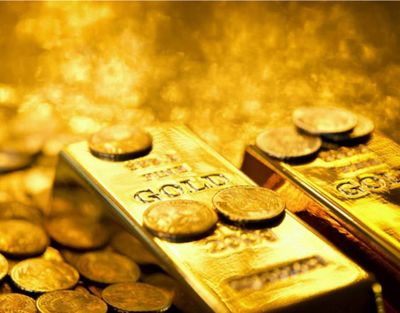Steering the Intricacies of Selling Precious Metal to Buyers in a Competitive Marketplace
Steering the Intricacies of Selling Precious Metal to Buyers in a Competitive Marketplace
Blog Article
Selling precious metals can be a rewarding venture, but it also presents with its own array of challenges. In a competitive market, understanding how to navigate the transaction process is essential for securing the optimal value for your gold. Whether you are offloading ornaments, coins, or bullion, knowing the right steps to take can help you enhance your returns. This guide will examine the key elements to take into account when transacting precious metals, including industry trends, appraisal, and locating the suitable clients.
One of the initial aspects to evaluate when selling gold is the current industry trends. Gold prices vary based on multiple factors, including economic conditions, price increase rates, and global demand. Keeping an watch on these trends can help sellers decide the optimal time to transact. For instance, if the price of precious metals is elevated, it may be a good chance to sell. Conversely, if valuations are diminished, it might be wise to wait until they rise. Investigating market trends can provide insightful information and help sellers make educated choices.
Valuation is another important factor of selling precious metals. Before placing gold on the market, it is vital to know its value. This involves understanding the quality of the precious metals, which is assessed in fineness, and the mass of the piece. Sellers should consider obtaining their gold appraised by a certified expert to ensure they have an accurate assessment. An appraisal can provide a clear comprehension of the asset's market value, which can help in negotiations with potential clients. Knowing the worth of the gold can also stop sellers from accepting bids that are too low.
Locating the appropriate buyers is crucial in a fierce market. There are various options available for selling precious metals, including pawn shops, digital marketplaces, and specialized precious metals buyers. Each choice has its pros and disadvantages. For example, pawn brokers may offer immediate cash but often at diminished prices, while digital marketplaces can provide access to a larger clientele but may require more work to list and sell the assets. It is important for sellers to investigate potential clients and select the one that aligns with their transacting objectives. Building relationships with trustworthy buyers can also result to improved offers and a more efficient transacting process.
When selling precious metals, it is also crucial to be cognizant of the regulatory and ethical considerations involved. Sellers should make sure that they are complying with regional laws regarding the transaction of precious metals. Additionally, being open about the condition and background of the assets can build confidence with buyers. Ethical transacting practices not only protect the seller but also add to a positive standing in the market. This can result to repeat transactions and referrals, which are important in a gold buyers for gold jewelry wholesalers fierce environment.
In summary, selling precious metals in a competitive market demands careful planning and evaluation. By staying aware about market trends, comprehending the valuation of assets, finding the right buyers, and complying to legal and moral standards, sellers can navigate the challenges of the precious metals market effectively. With the right strategy, selling precious metals can be a profitable experience that meets the vendor's financial requirements.